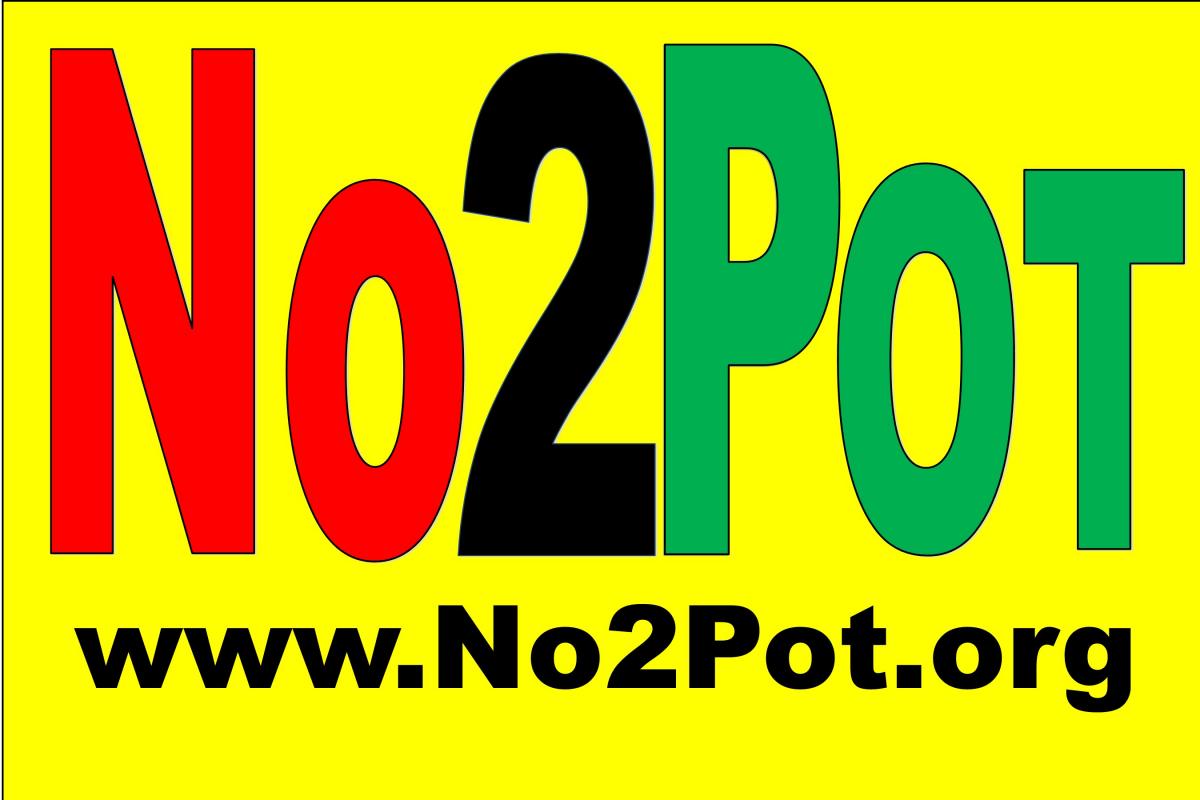April 23, 2017
Skit- Realities of ‘medical’ marijuana: Would you give this to a family member?
Video- Testimony of Regulating concerns and recommendations
Link to below letter
Legislators,
You have been task to regulate an addictive drug that people can grow in their backyard, is a Schedule 1 Substance, is not supported by medical associations nor medical research and that is illegal under Federal law. To say this is complex is more than an understatement. You must carefully evaluate and discern the impact your decision will have on everyone in our state.
Marijuana as a medicine seems antiquated given the current progress of modern medicine. I believe these patients deserve better medicine than pot. Regardless of whether you agree with me or not, I believe everyone here wants to make this drug safe and abuse-free as possible.
Concerns:
-
No medical associations support this form of medication.
-
The American Epilepsy Society- DOES NOT SUPPORT THIS FORM OF MEDICATION- The anecdotal results of a few families in Colorado, shared in the media, should not be the basis for law making. The rush by states to pass CBD legislation has created an unusual situation where people with epilepsy and their families are demanding access to a highly variable homegrown substance that may or may not be beneficial and the medical and scientific community lacks the necessary efficacy and safety data to make good treatment decisions regarding cannabis for people with epilepsy, especially in children.."
-
Most states that have legalized medical marijuana less than 5% use it for truly medical purposes. 95% obtain marijuana cards for ‘pain’.
-
In a meta-analysis study of a total of 79 trials (6462 participants) were included; 4 were judged at low risk of bias.
-
More than 50% of trials reported substantial withdrawals and did not adequately account for this in the analysis.
-
There was no evidence that the effects of cannabis differed from other cannabinoids. No products or strains specifically identified with any diseases or treatments.
-
Financially income from marijuana in the state of Colorado makes up less than 5% of the total budget revenues and only 1% of California’s. On the cost side legalization is an unexpected and unbudgeted cost for many local communities both financially and socially.
-
Black market is thriving in Colorado and other states that have legalized marijuana- Western Colorado law enforcement officials say that Colorado has now become a magnet for criminals coming to take advantage of the state’s marijuana laws. “Legalization was supposed to get rid of the black market – it hasn’t done that – I would estimate that the black market has grown 20 fold since legalization,” said Gaasche.
-
Opioid use increases in states with legalized marijuana. "We found support for the synergistic effect on an individual level; people who tend to use more marijuana also tend to use more opioids," said Scott Novak, PhD, senior research scientist at RTI International, a leading research institute in Research Triangle Park, North Carolina.
-
Marijuana and Opioid “Cross Talk” Risks for Born and Unborn- Dr. Madras
-
Cash only product- increases crime
-
Illegal under Federal Law
-
Valid prescription cannabis medication has been available since 1985.
-
Colorado Governor warning
-
40% of eligible voters actually voted for this amendment. Because the term ‘medical’ was in the title of Amendment 2 many of the people who voted for Amendment 2 assumed it legalized a prescription drug. Friends, reporters and legislators often refer to this amendment as a prescription.
Recommendations:
-
Ban smoking- no medical documentation supporting marijuana or any other drug be used in this form. This is the #1 abused form and is unhealthy.
-
Edibles if allowed:
-
Must not appear to resemble any form of traditional food to include candies, cookies, sodas etc. Recommend requiring all the products remain in their original color or at a minimum a consistent nonappealing color.
-
All products must require childproof packaging and boldly labeled this product contains marijuana.
-
Warning label for all known side-effects from most common to less frequent.
-
Zero-tolerance driving level as to date there has not been any valid method of determining impairment levels.
-
To help prevent interstate distribution as experienced with the pill mill crisis restrict access to Florida residents.
-
Limit the number of dispensaries. (I do not want the 3 pill mills within walking distance from my house to be replaced with pot shops.)
-
Caregivers require basic healthcare training.
-
Require a drug test before recommendation and at each office visit (this is easy and then could follow-up with addiction assessment if necessary). If a person tests positive for other illegal drugs or drugs not being prescribed then no marijuana. This should greatly cut down on abuse and help people suffering from addiction.
-
Charge a license fee with funding directed to local community to help offset the additional costs of administrative fees( state and local), security, drug education programs and screen for addiction. Taxpayers should not be forced to pay for a federally illegal activity.
We want to prevent what happened with Big Pharma from happening with Big Marijuana in Florida.
Lack of evidence-based data is a major problem. Hearsay lacks scientific documentation which is why your decisions here are so important to the future of Florida. Given the number of people dying in our state from opioid abuse be it heroin or prescription drugs we do not want to add fuel to this fire by inadequately regulating ‘medical’ marijuana.
Sincerely,
Teresa Miller
tmiller@stoprxdrugabuse.org
I am Teresa Miller I am here today because 10 years ago, on May 25th I didn’t recognize our son when he was being discharges from a detox facility. I didn’t say why us or why me but I asked God what do you want me to do and how can I do it. I didn’t want other families to suffer the pain our family was going through and that would continue to affect our lives forever. My son like many other people began their drug use smoking marijuana. In fact, most recovery facilities would testify the majority of their patients’ use of marijuana is what lead them to harder drugs and eventually to their treatment center. I obtained a master in Mental Health Counseling and decided to volunteer in prevention field where I felt like I could make a difference educating families on the dangers of drug abuse. This is the reason I am so very concerned the legalization of medicinal marijuana without the support of the medical field or appropriate studies.

